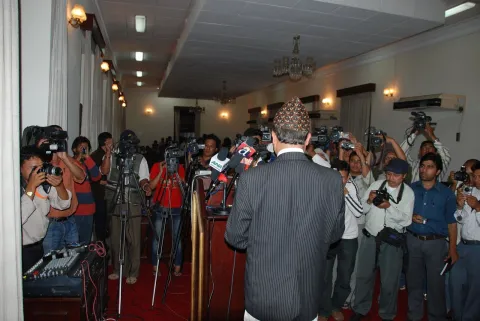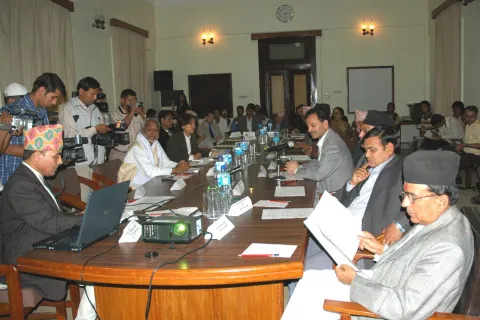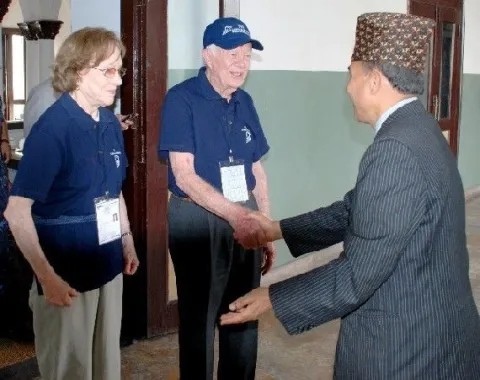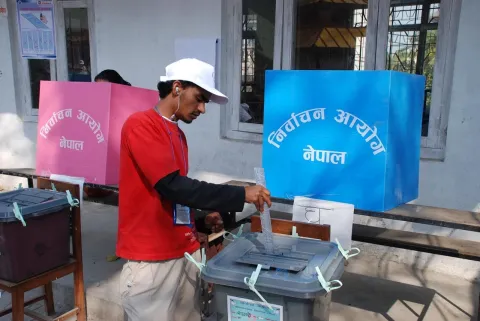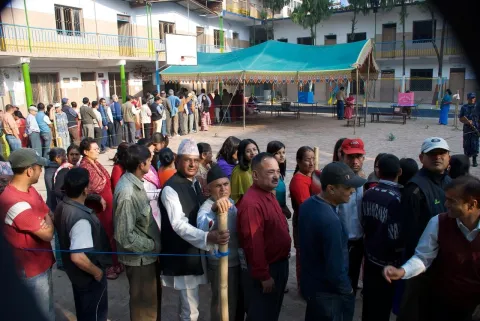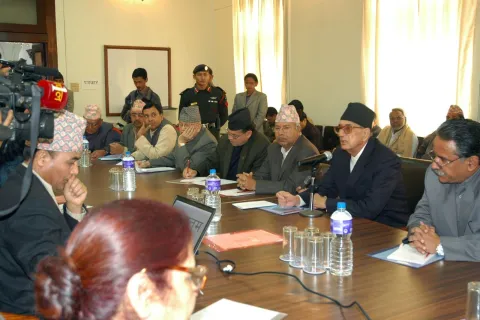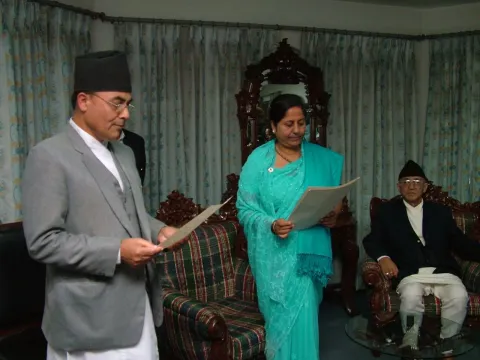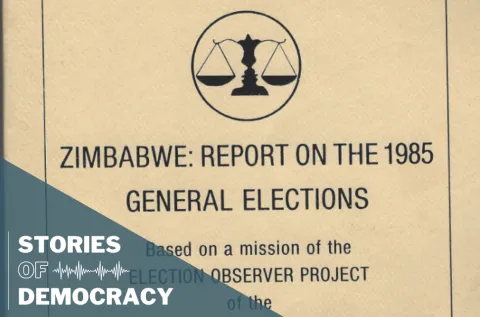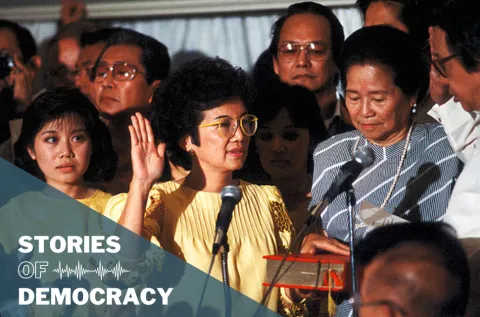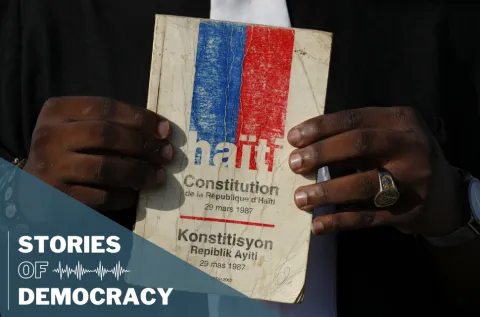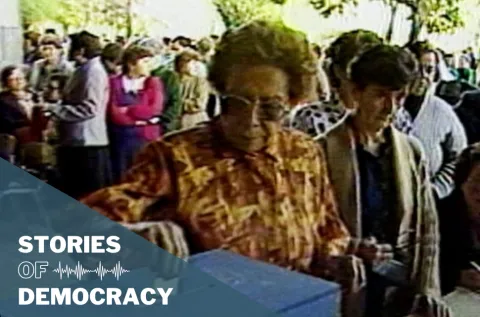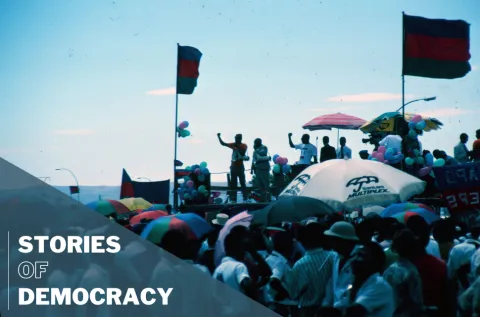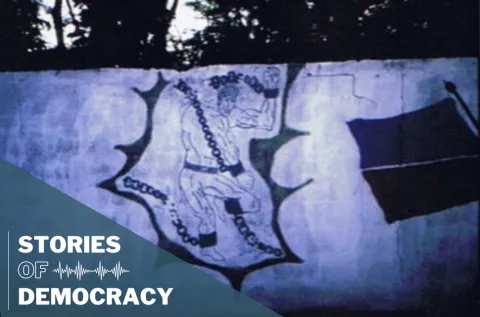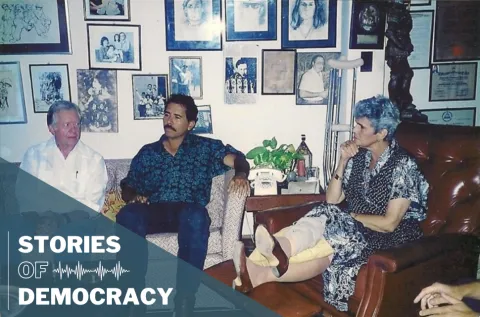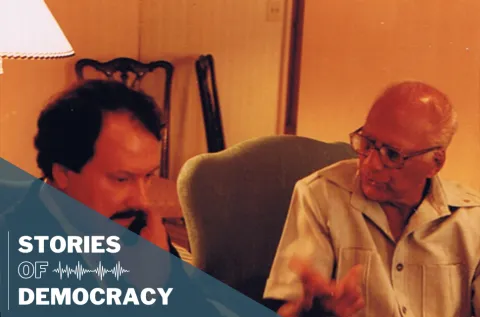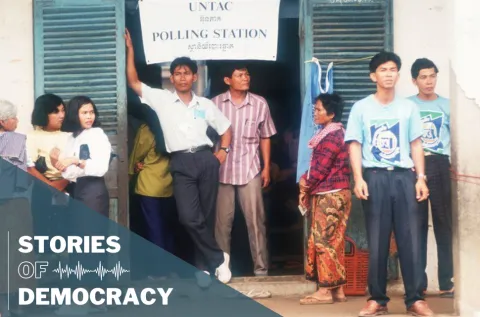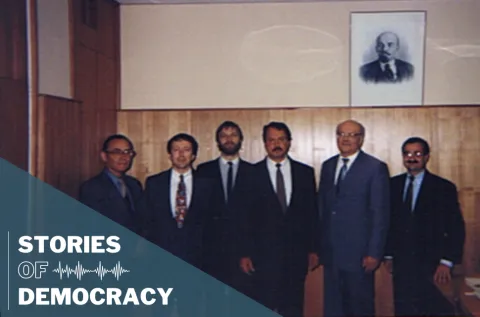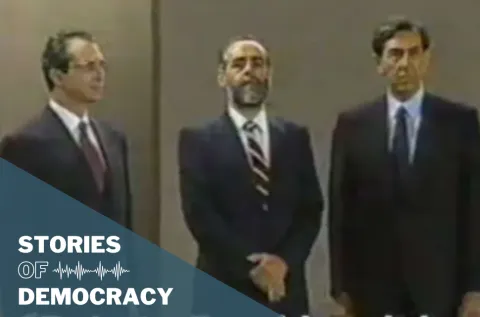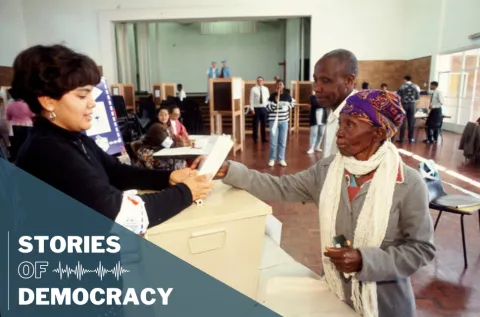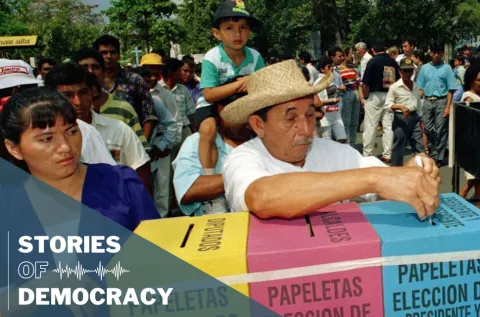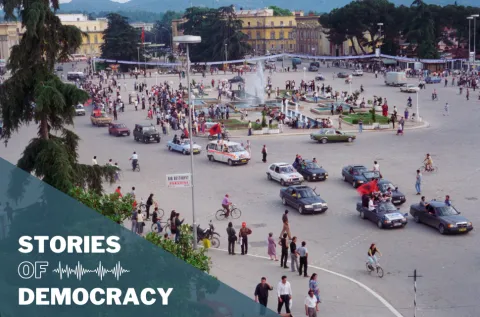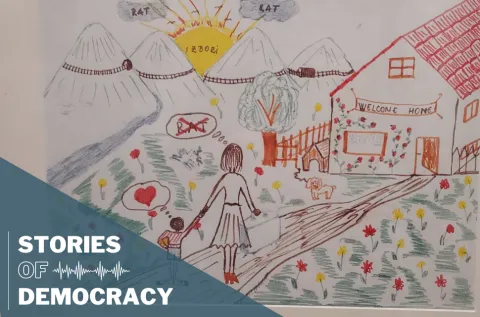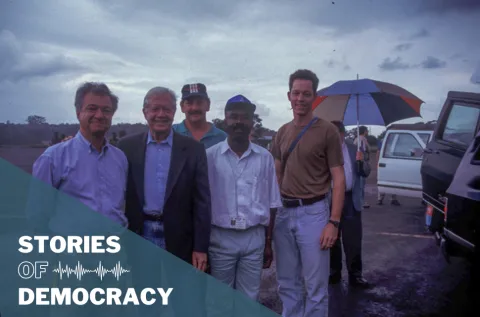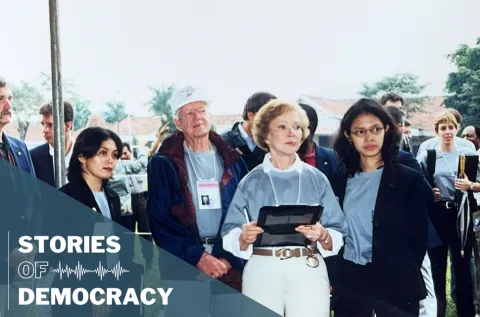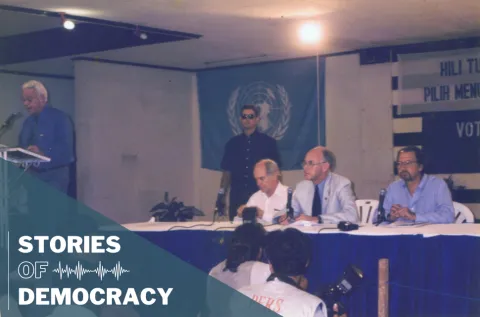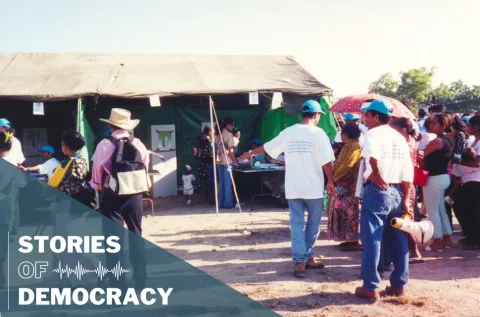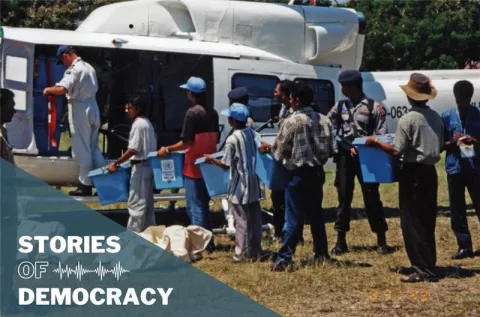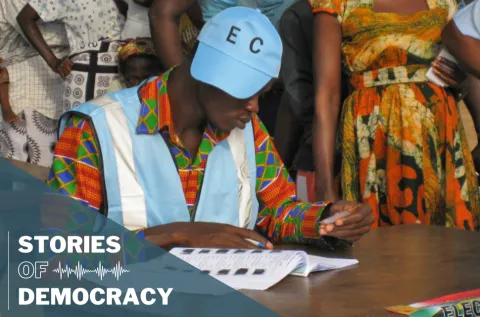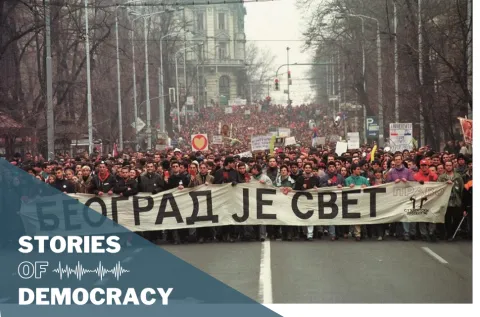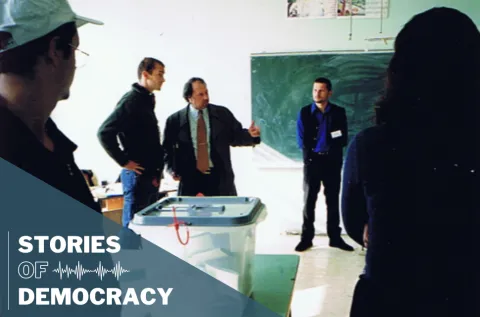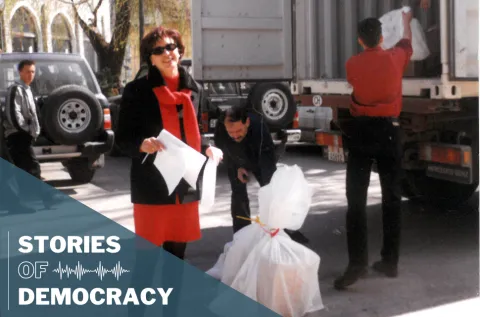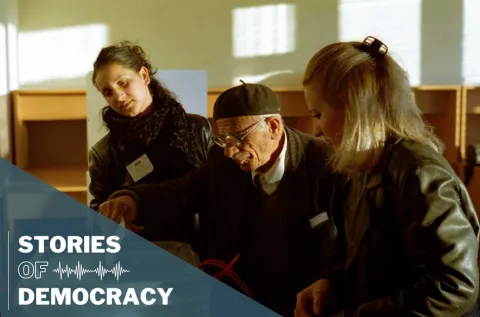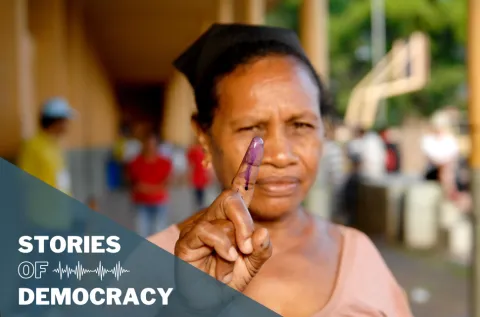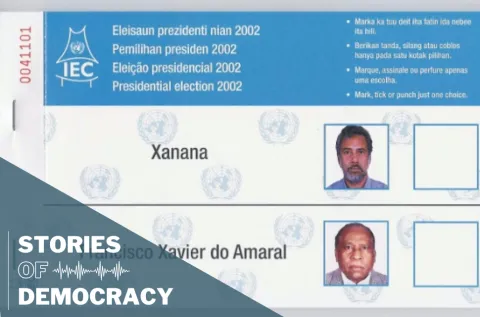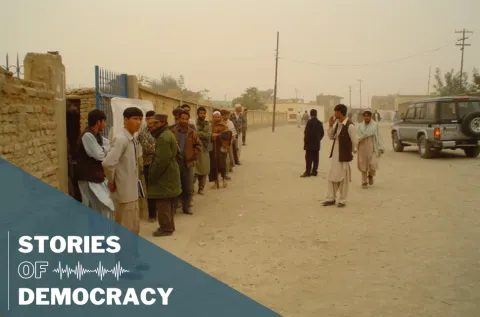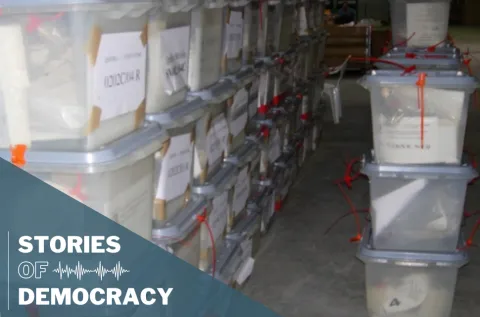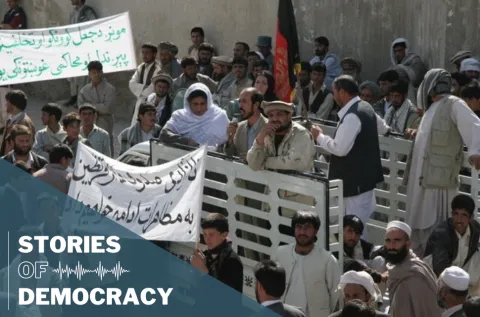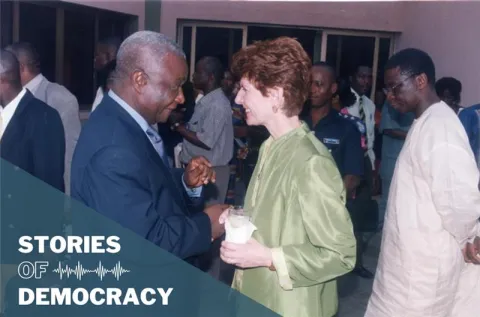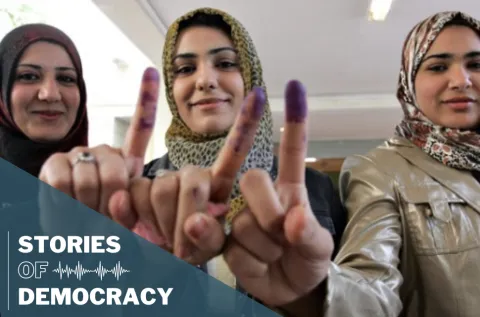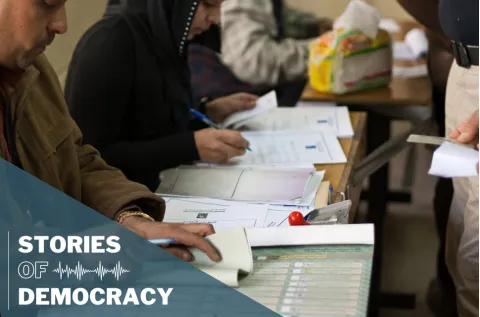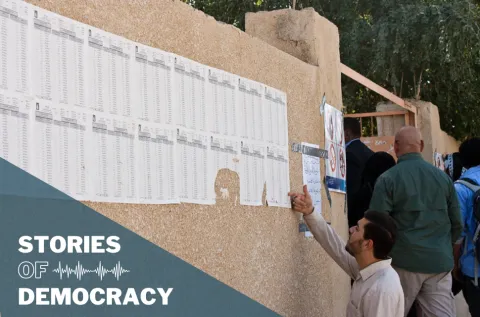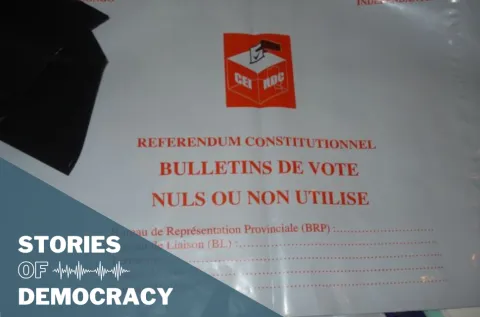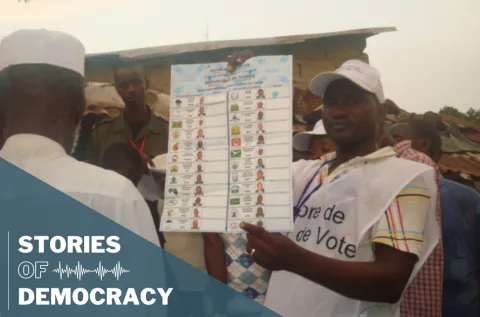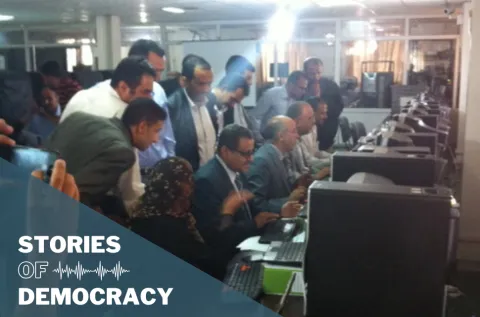Nepal - 2008 - Constituent Assembly Elections
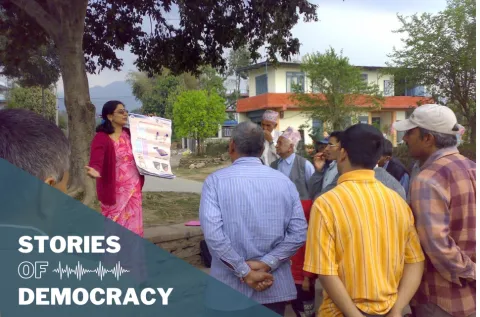
The 2008 Nepal Constituent Assembly elections marked a historic turning point in the nation’s political trajectory, serving as the foundation for Nepal’s transition from a monarchy to a federal democratic republic. Following a decade-long Maoist insurgency that claimed over 17,000 lives, peace negotiations between Maoist rebels and a seven-party alliance led by the Nepali Congress party culminated in an agreement in 2006 to draft a new constitution by the people’s representatives.
Despite numerous postponements, political and technical challenges, and sporadic violence, the elections were successfully held on April 10, 2008. The Communist Party of Nepal (Maoist) emerged as the largest party, securing 220 out of 575 elected seats, and its leader, Pushpa Kamal Dahal (Prachanda), became Prime Minister. The Nepali Congress and the Communist Party of Nepal (Unified Marxist–Leninist-UML) followed with 110 and 103 seats, respectively. Although the first Constituent Assembly was unable to complete the constitution, its groundwork and agreements were carried forward by the 2013 Assembly, ultimately leading to the adoption of Nepal’s new constitution on September 20, 2015. This historic election paved the way for Nepal's transformation from a unitary Hindu kingdom into a modern, federal, secular republic.
In this recording, Bhojraj Pokharel, Nepal’s Chief Election Commissioner from 2006 to 2008, recounts the extraordinary efforts undertaken to ensure the elections took place. He highlights the importance of transparency, consultations and inclusiveness in convincing all stakeholders, including Maoist rebels, ethnic minorities, and monarchy loyalists, to participate in the electoral process rather than undermine it. While the challenges were immense and violence persisted, Bhojraj reflects on Nepal's achievement as a testament to the power of peaceful democratic processes over armed conflict.
A video recording of the interview can be found here.
